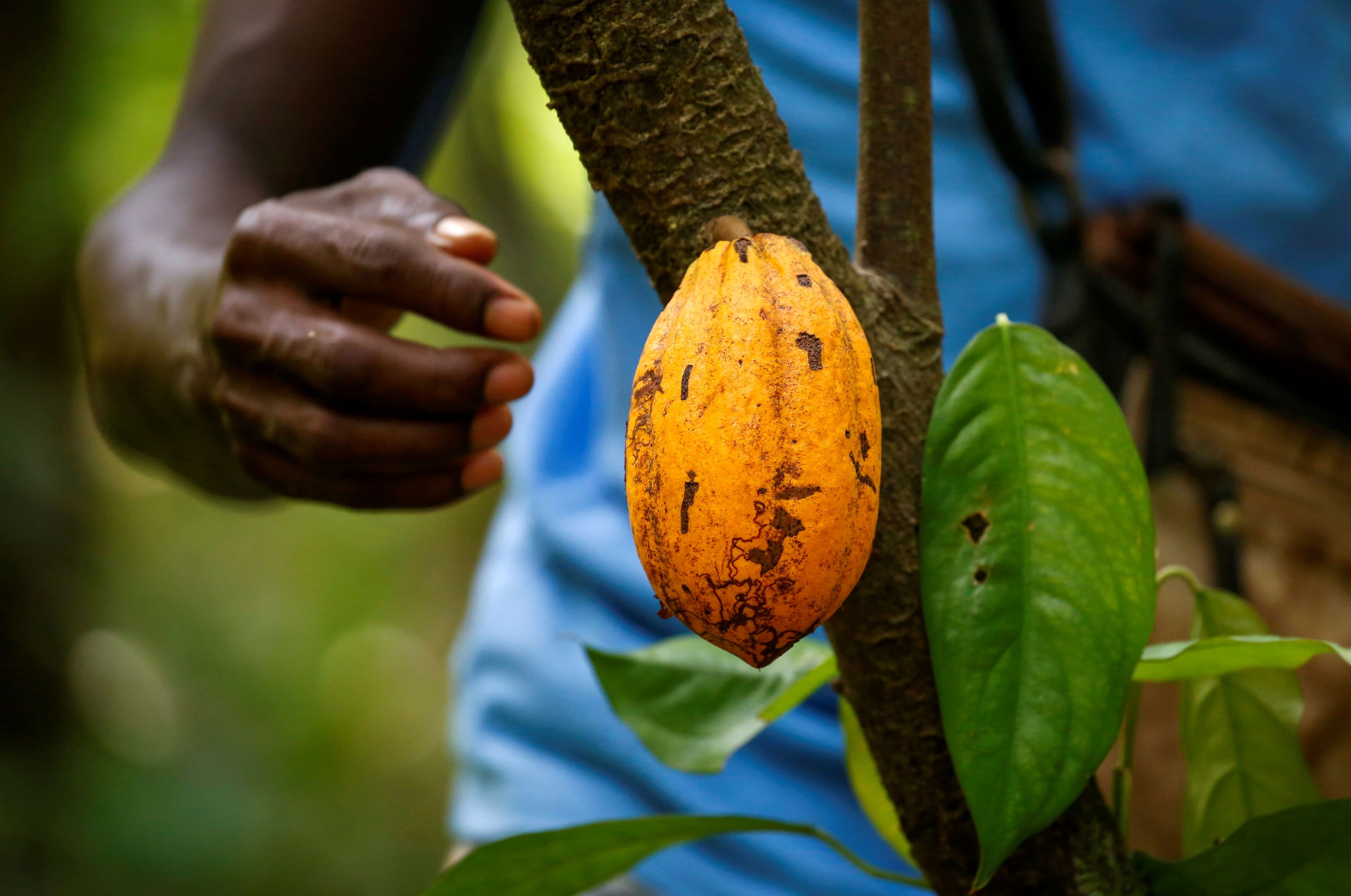Nestle and Cargill win child slavery case at Supreme Court

A farmer prepares to collect a cocoa pod at a cocoa farm in Alepe, Ivory Coast December 7, 2020.
Luc Gnago | Reuters
The Supreme Court on Thursday reversed a lower-court ruling that had allowed six people to sue Nestle USA and Cargill over claims they were trafficked as child slaves to farms in the west African nation of Ivory Coast that supply cocoa to the two giant food companies.
Justice Clarence Thomas, writing for the majority, said the U.S. Court of Appeals for the 9th Circuit erred in allowing the suit on the grounds that Nestle and Cargill had allegedly made “major operational decisions” in the United States.
Thomas said the six plaintiffs, who are from the nation of Mali, improperly sought to sue under the Alien Tort Statute for conduct that occurred outside the United States. Thomas also the plaintiffs had failed to establish that the conduct relevant to the ATS “occurred in the United States … even if other conduct occurred abroad.”
Nestle and Cargill did not immediately respond to requests for comment on the Supreme Court ruling, which was 8-1 in the companies’ favor.
The six individuals who sued claimed that Nestle and Cargill abetted and aided child slavery because they “knew or should have known” that the farms were using enslaved children.
While neither company owns or operates farms in Ivory Coast, they had bought cocoa from the farms, and also provided the farms technical and financial resources in exchange for exclusive rights to their produce.
The plaintiffs claimed that the companies had economic leverage over the farms, “but failed to exercise it to eliminate child slavery,” Thomas noted in his opinion.
A U.S. district court had originally dismissed the lawsuit after the Supreme Court ruled that the Alien Tort Statute does not apply extraterritorially. While the plaintiffs were appealing that dismissal, the Supreme Court ruled that courts cannot create new causes of action under the ATS against foreign corporations.
The 9th Circuit appeals court then ruled in the Nestle and Cargill cases that the Supreme Court’s ruling “did not foreclose judicial creation of causes of action against domestic corporations.” The 9th Circuit also ruled that the plaintiffs had properly claimed the ATS applied in the cases because financing decisions … originated” in the U.S.
This is breaking news. Check back for updates.




